SGGPO
The Government has agreed with the Standing Committee of the National Assembly on the contents of the revised Law on Prices, stipulating that milk for the elderly and pork should not be included in the list of goods and services subject to price stabilization in the draft law.
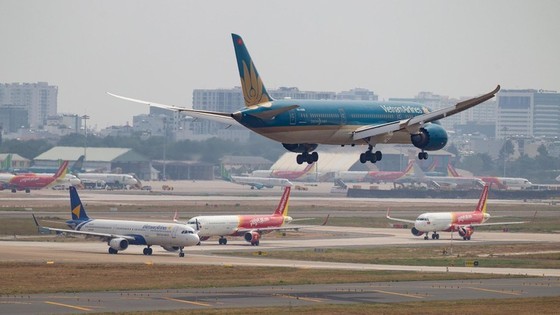 |
| The government explained that price caps were necessary to protect consumer interests and ensure that low-income individuals had access to airlines. |
The government has just submitted a report to the Standing Committee of the National Assembly on the acceptance, explanation, and revision of the draft Law on Prices (the draft). This draft law will be voted on by the National Assembly on June 19th, the first day of the second phase of the 5th session of the National Assembly.
Previously, on June 12th, after the National Assembly discussed the draft in the plenary session, the Standing Committee of the National Assembly gave its opinion on several issues in the draft that still had differing views.
In the report dated June 17th, the Government agreed with the Standing Committee of the National Assembly on the contents of the revised Law on Prices, specifically not including milk for the elderly and pork in the list of goods and services subject to price stabilization in the draft law.
The government also plans to set prices for "domestic air passenger transport services" and textbooks in the form of a maximum price (price ceiling). During discussions in the National Assembly, in addition to opinions suggesting the complete removal of price ceilings and floors for domestic air passenger transport services, some deputies supported the draft law's proposal to regulate price ceilings for this particular service/item.
In addition, some opinions suggest that the draft Law should clearly stipulate that only domestic economy class air passenger transport services are included in the list of goods and services whose prices are determined by the State; while business class and premium economy classes should be priced by airlines themselves according to market mechanisms.
The government explained that maintaining price caps is necessary to protect consumer interests and ensure that low-income individuals have access to a wider range of airlines, thereby diversifying options and reducing social costs, and promoting socio -economic development.
Currently, there are six domestic airlines. Competition among these airlines requires price caps to ensure effective state management, as the government has always supported these businesses. For example, in recent years, the government has reduced the environmental tax on aviation fuel by 70% to help businesses overcome difficulties.
Source


![[Photo] Prime Minister Pham Minh Chinh receives the Governor of Tochigi Province (Japan)](/_next/image?url=https%3A%2F%2Fvphoto.vietnam.vn%2Fthumb%2F1200x675%2Fvietnam%2Fresource%2FIMAGE%2F2025%2F12%2F16%2F1765892133176_dsc-8082-6425-jpg.webp&w=3840&q=75)
![[Image] Leaked images ahead of the 2025 Community Action Awards gala.](/_next/image?url=https%3A%2F%2Fvphoto.vietnam.vn%2Fthumb%2F1200x675%2Fvietnam%2Fresource%2FIMAGE%2F2025%2F12%2F16%2F1765882828720_ndo_br_thiet-ke-chua-co-ten-45-png.webp&w=3840&q=75)
![[Photo] Prime Minister Pham Minh Chinh receives Lao Minister of Education and Sports Thongsalith Mangnormek](/_next/image?url=https%3A%2F%2Fvphoto.vietnam.vn%2Fthumb%2F1200x675%2Fvietnam%2Fresource%2FIMAGE%2F2025%2F12%2F16%2F1765876834721_dsc-7519-jpg.webp&w=3840&q=75)
![[Live] 2025 Community Action Awards Gala](/_next/image?url=https%3A%2F%2Fvphoto.vietnam.vn%2Fthumb%2F1200x675%2Fvietnam%2Fresource%2FIMAGE%2F2025%2F12%2F16%2F1765899631650_ndo_tr_z7334013144784-9f9fe10a6d63584c85aff40f2957c250-jpg.webp&w=3840&q=75)


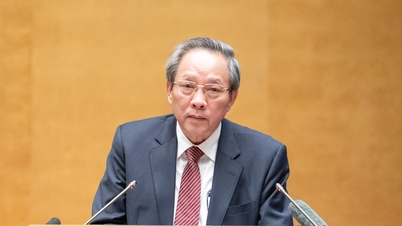

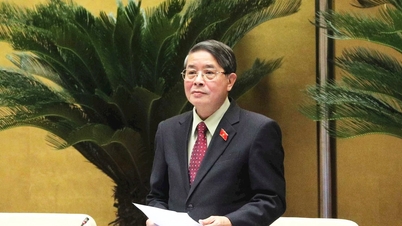
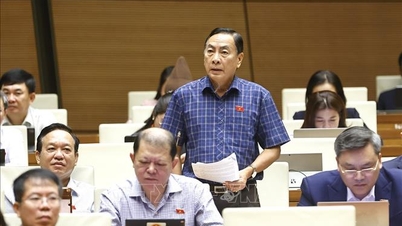












![[Video] Bach Mai Hospital puts into operation a group of the world's most modern equipment.](https://vphoto.vietnam.vn/thumb/402x226/vietnam/resource/IMAGE/2025/12/17/1765931442107_dung00-58-18-13still010-jpg.webp)






















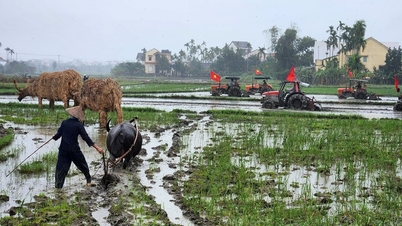

























































Comment (0)